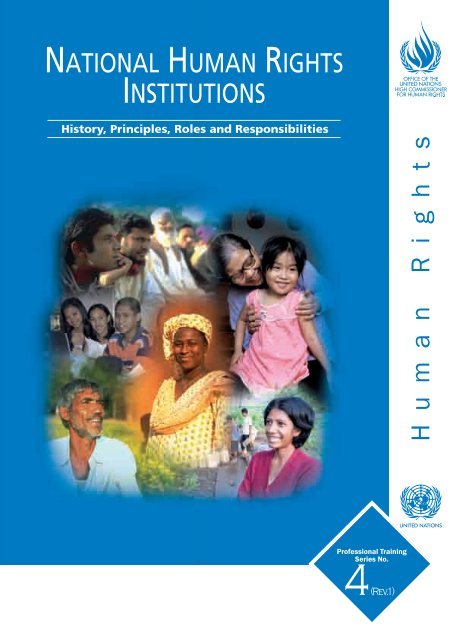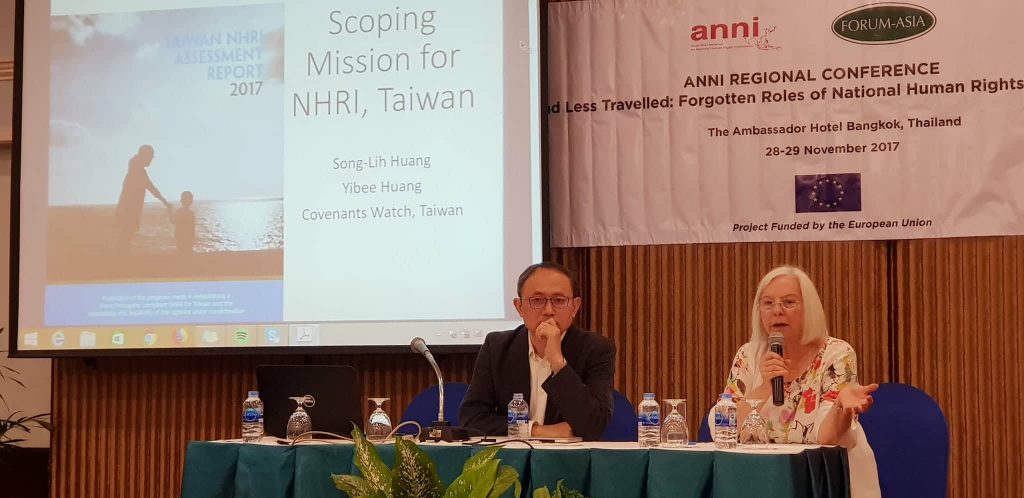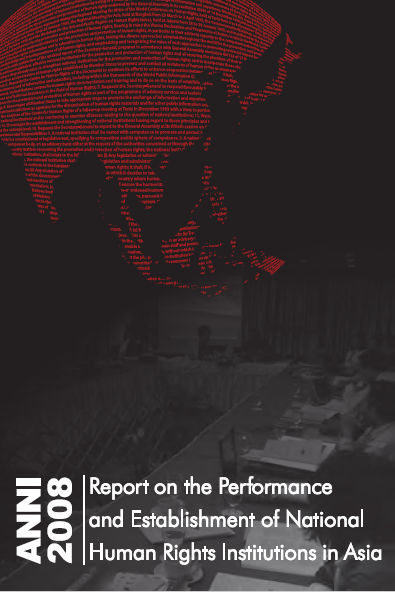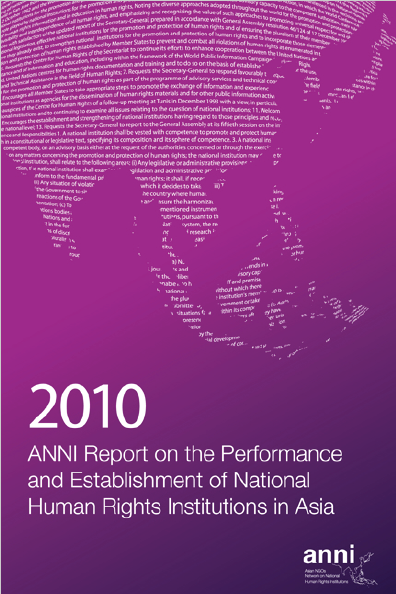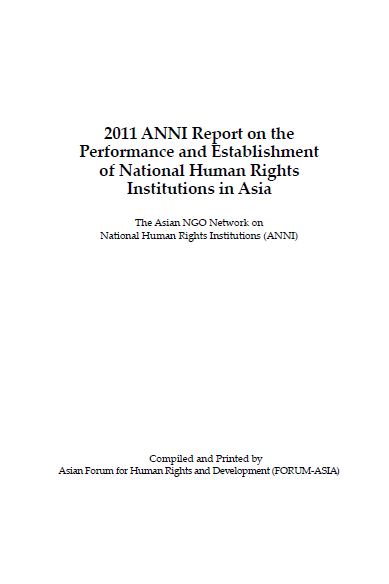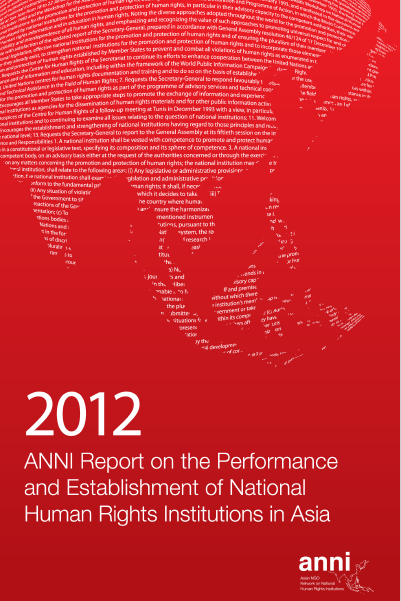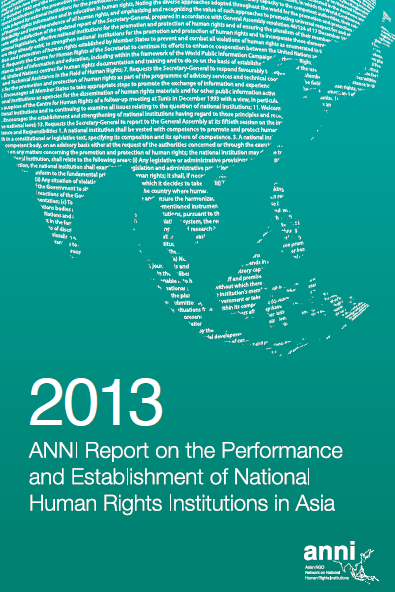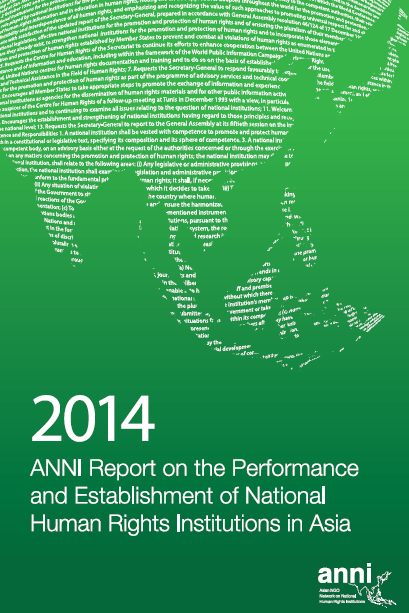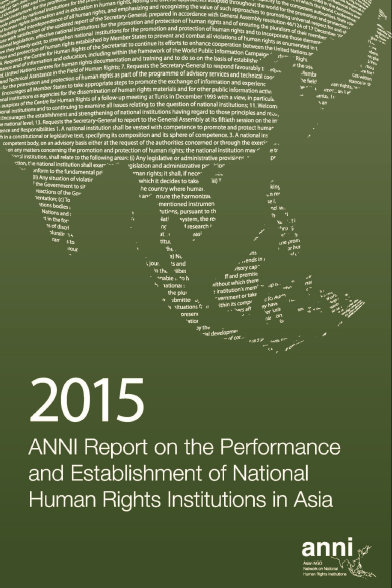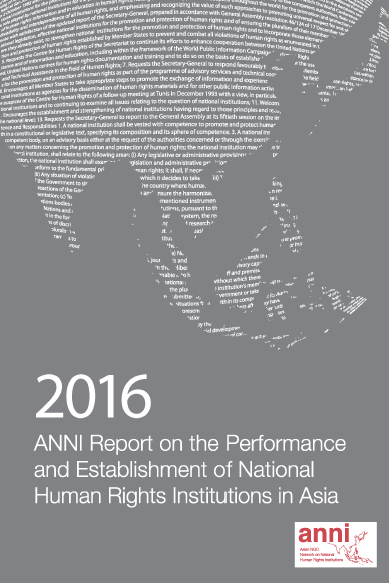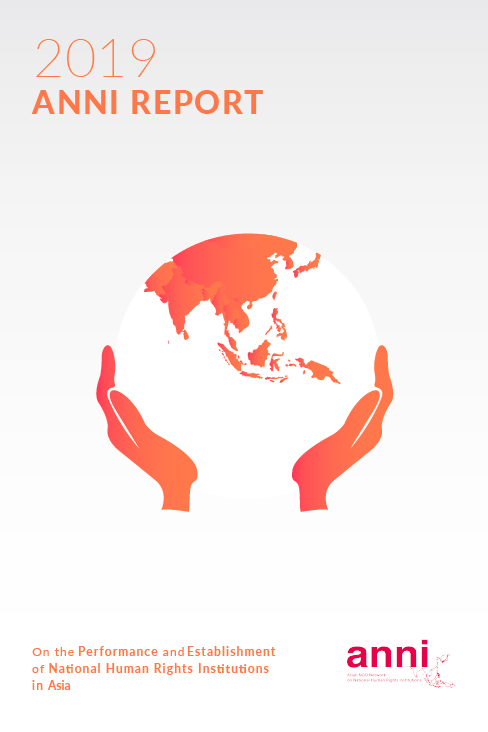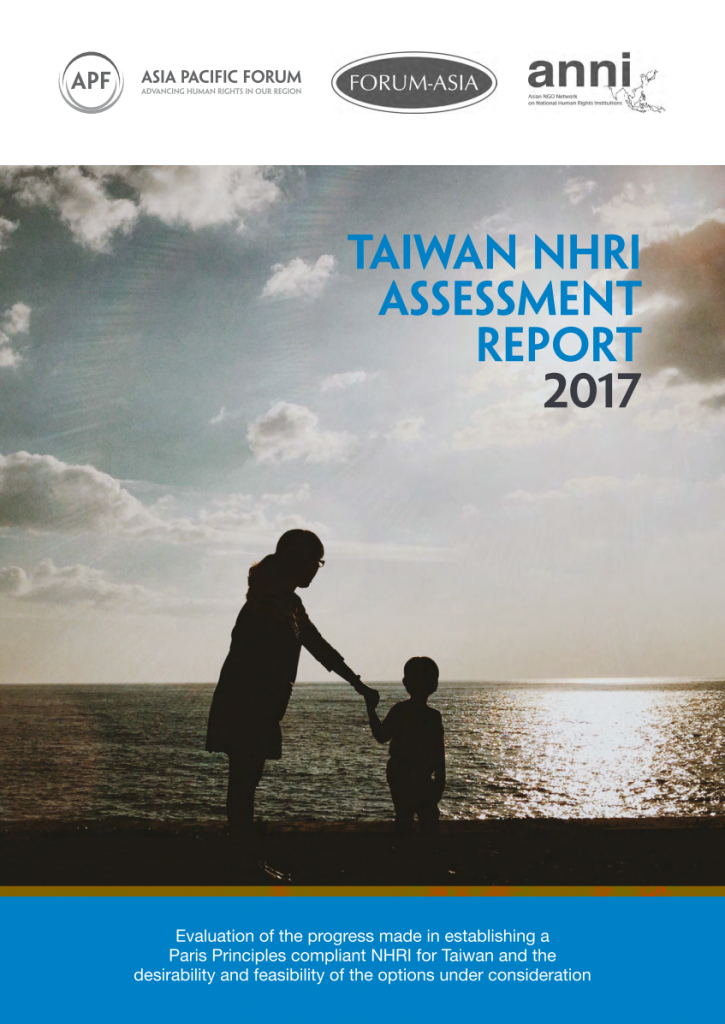NHRI Advocacy
A National Human Rights Institution (NHRI) is an independent governmental organization with the objectives of promoting and protecting the human rights. An NHRI will serve as a safety net when judicial courts cannot effectively solve certain human rights violations including violations committed by the government. Even in the countries with the genuine division of powers, it is often the case that human rights violations by the State actors are not equally judged, and therefore, victims have no way to appeal for the remedy.
In order to standardize the quality of NHRIs all over the world and to ensure the same level of human rights protection, the UN adopted “Paris Principles” in 1993. An NHRI can have various functions as long as it meets all the requirements indicated in the Principles, and 117 countries already established an NHRI as to 2017.
Taiwan’s civil society organisations have been advocating for the establishment of an NHRI since 1999. On December 10, 2019, the Taiwanese Parliament passed a law that establishes an National Human Rights Commission within the Control Yuan, which is the ombudsman institution of Taiwan under the constitution. The NHRC is expected to begin its operation soon in 2020.
The Asian NGO Network on National Human Rights Institutions (ANNI) was established in December 2006. It is a network of Asian non-governmental organisations and human rights defenders working on issues related to NHRIs. ANNI has members that are national organisations from all over Asia: as of 2018, it has 33 member organisations from 21 countries or territories. While the Taiwan Association for Human Rights (TAHR), one of the member organizations of CW, was one of the founding members of ANNI, CW joined in ANNI as an individual member organization in 2015-2016.
The work of ANNI members focuses on strengthening the work and functioning of Asian NHRIs to better promote and protect human rights as well as to advocate for the improved compliance of Asian NHRIs with international standards. It has produced reports on the performance and establishment of National Human Rights Institutions in Asia on an annual basis. The Chapters regarding the progresses and challenges of establishing an NHRI in Taiwan are jointly prepared by TAHR and CW.
In 2014, a taskforce formed within the Presidential Office Human Rights Consultative Committee (POHRCC) concluded that Taiwan should establish a NHRI. President Tsai committed to establishing a NHRI during the election campaign of 2016 and, more recently, undertook to make a decision by the end of 2017. To assist the President with that decision and following discussions with the POHRCC, CW invited Ms. Rosslyn Noonan of the Asia Pacific Forum of National Human Rights Institutions (APF) to lead a task force to Taiwan for a one-week visit to conduct an assessment of the on-going process of establishing a National Human Rights Institution (NHRI). The mission, with Ms. Noonan joined by Mr. Agantaranansa Juanda and Mr. Sushil Pyakurel, conducted consultations with two dozen civil society representatives and scholars, met with two political parties in the Parliament, and paid visits to officials including the Presidents of the Judicial and Control Yuans, the Secretary-General of the Legislative Yuan, the Minister of the Interior, the Secretary-General of the Ministry of Education, and the Chief Officer of the Department of Gender Equality of the Executive Yuan. In particular, the Control Yuan set aside half a day to enable the mission to have wide-ranging discussions and to explore in-depth the raft of complexities involved in the establishment of an NHRI in Taiwan. The mission visited the Vice President of Taiwan and presented its preliminary observations and suggestions.


